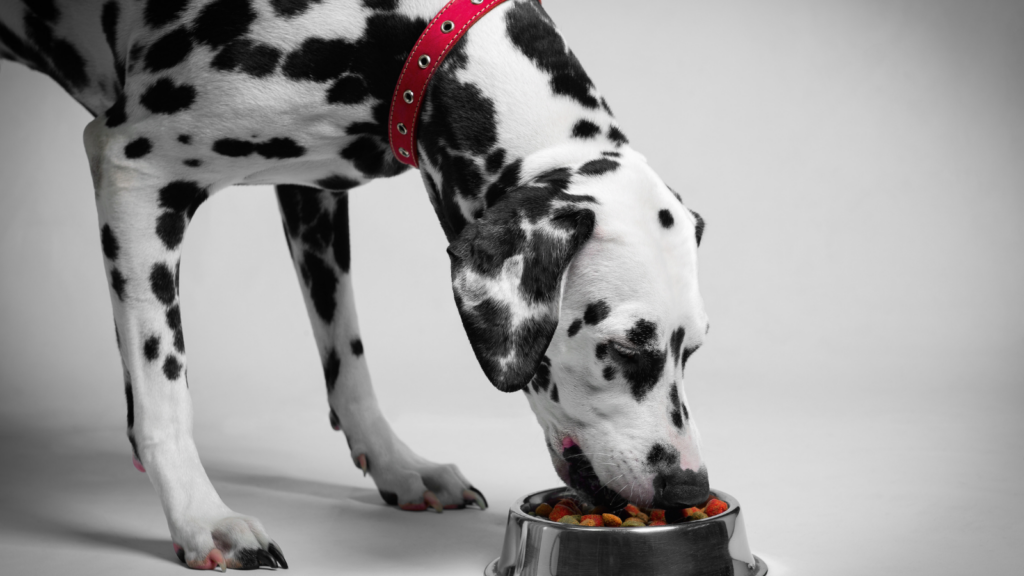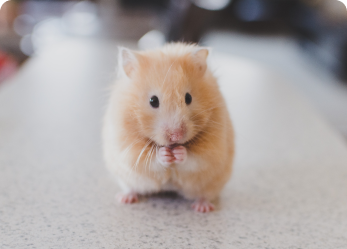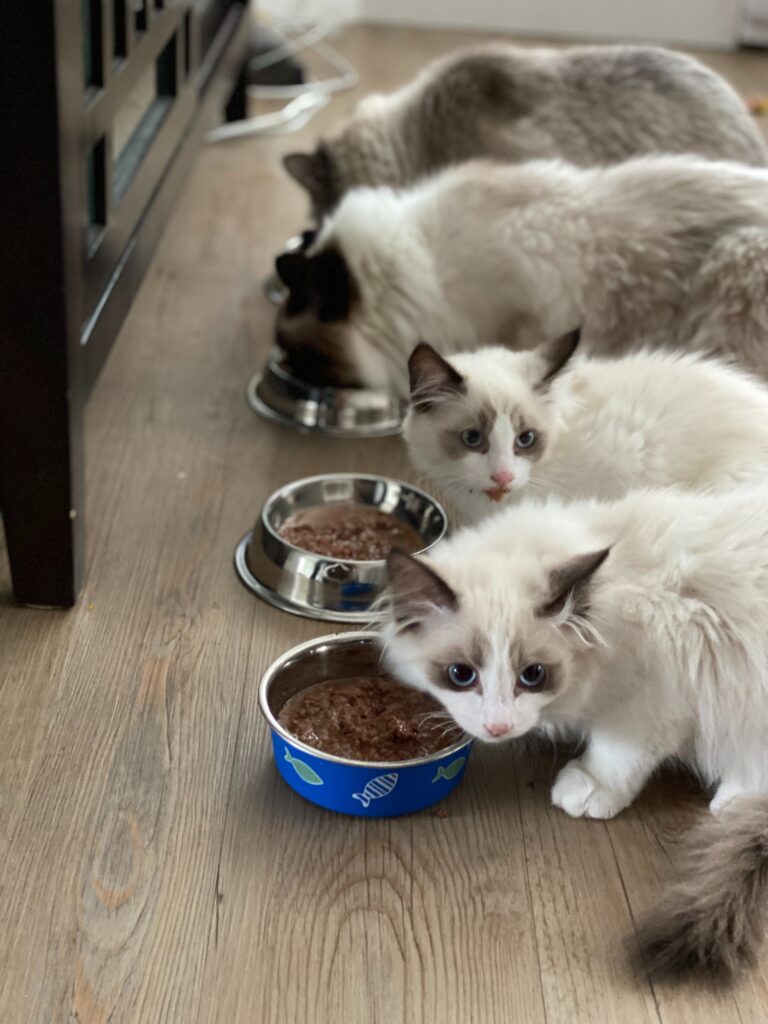Ensuring that your animal companions follow a proper and balanced diet is essential for their overall health and well-being. While it is important to know the distinction between complete and complementary pet foods, it is also crucial to inform yourself on the different nutritional needs of each species of pet. This will ensure that they follow a proper diet as well as enjoy the health benefits from it. Read our blog to learn more about the different nutritional needs of pets and the benefits of good nutrition.

Good Nutrition in Dogs & Cats
Cats and dogs have specific and distinct nutritional needs, which vary by life stage, physical and mental health, and level of activity. Although cats and dogs belong to the same Carnivora order, the dog’s feeding behaviour is omnivorous, while the cat is a true carnivore. So cats must have certain nutrients in their diet that are only found in animal-based ingredients.
In a nutshell, the different food needs for cats and dogs can be summarised as such:
- Dietary proteins: both cats and dogs need proteins for energy, growth and repair of the body. However, cats require a higher amount than dogs during both growing and adult stages. Cats are also less able to down-regulate their rate of protein breakdown when fed a diet low in protein. So make sure to check that proteins are present in high levels in your cat’s pet food before buying it!
- Taurine: this is an amino acid that is distributed throughout most body tissues. While cats must eat preformed taurine from animal-based ingredients, dogs can produce enough taurine from other amino acids to meet their nutritional health needs.
- Vitamin A and B3: both cats and dogs need these vitamins for a healthy vision and healthy skin. Cats can only eat preformed Vitamin A from animal-based ingredients while dogs can also obtain it from plant-based ingredients. For Vitamin B3, cats can only obtain it by eating the preformed vitamin.
- Fatty acid: this is essential for energy production, and cats can only obtain fatty acid, from animal-based ingredients while dogs can obtain it from both animal- and plant-based ingredients.
For more information: https://bit.ly/3pml5pX
Good Nutrition in Other Pets
It’s not only our cats and dogs who require proper nutrition to maintain their overall health, other pets do too!
When it comes to small mammals like hamsters, rabbits and guinea pigs, it’s important to remember that each species has specific nutritional requirements. A hamster needs high levels of animal protein, while guinea pigs have a high need for vitamin C. And carrots should only be given to rabbits as treats and in small pieces due to high sugar levels.
Fish and turtles must be given complete food in flake or pellet form or natural products, and the raw materials have to be selected with care. It’s important to note too that, when it comes to fish, their nutritional needs vary greatly depending on their origins.
Pet birds also have nutritional requirements which are dependent on their different species. Most companion birds are seed eaters but some species, like Robins, eat mainly non-seed diets, including insects, fruit, flowers, leaves and nectar. And we mustn’t forget that pet birds are selective feeders, meaning that they will choose their favourite food only when given a selection. So, make sure to provide a variety of food to your pet bird!
For more information: https://bit.ly/3FIS7qt & https://bit.ly/36qBrbR

Benefits of Good Nutrition
Ensuring proper nutrition for your pet will also improve their overall health. Indeed, without healthy and balanced nutrition, your pet may lag in performing daily activities and remaining energetic, active and healthy.
Good pet nutrition offers four main benefits:
- Boost for skin and fur health: Pets need the right balance of fatty acids to ensure their skin and fur is healthy. If these nutrients are not provided, your pet’s skin can become dry, resulting in a coat that falls out, splits, or breaks. Fatty acids will help prevent skin problems, reduce irritation and fight inflammation.
- Improved muscle tone and overall body condition: Protein is one of the essential nutrients that your pet needs for building organs, muscles, hair, skin, and other tissues. Your pet’s cells are made of proteins, so they need more proteins to repair damaged cells or create new ones. Ensuring a proper intake of proteins is even more important when your pet is young, growing, or pregnant.
- Disease prevention and immune system support: Vitamins and minerals are essential nutrients in your pet’s diet as they are important for preventing diseases and supporting your pet’s immune system. While many vitamins help reduce damage done to cells of the body, minerals promote the healthy function of the immune system.
- Proper digestion: The carbohydrates in your furry friend’s food are the nutrient that aids proper digestion by supplying the fibre that helps with both digestion and elimination. A food that is easy to digest is important, ensuring your pet can easily use all the essential nutrients found in the food.
